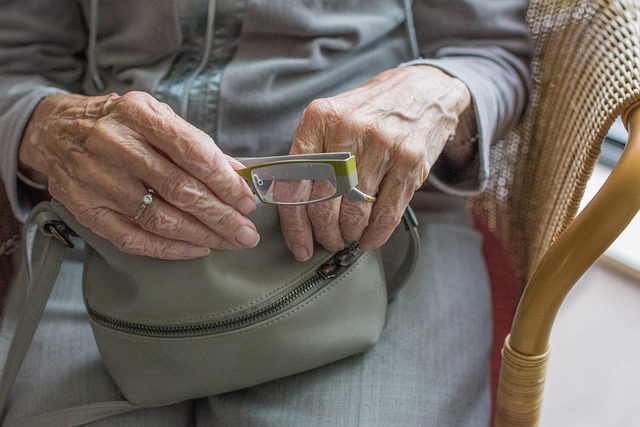Meal preparation is a critical component of supporting the well-being of elderly individuals living alone, addressing physical and sensory declines that affect appetite or cooking abilities. Elderly Companion Services play a vital role by assisting with meal prep, ensuring seniors receive nutritious, personalized meals that combat isolation and loneliness, while fostering social connections crucial for mental health. Beyond nutrition, companions encourage cognitive stimulation and enhance mealtime enjoyment, potentially slowing cognitive decline and improving mood. These services enable seniors to maintain independence and foster a sense of belonging, reducing feelings of loneliness through assistance, conversation, and community engagement.
Meal preparation and companionship play a pivotal role in enhancing the well-being of the elderly. As our population ages, understanding the impact of mealtime on their lives becomes increasingly crucial. This article explores three key aspects: how meal preparation contributes to senior citizens’ overall health, the growing importance of Elderly Companion Services, and practical strategies for creating supportive mealtime environments. By addressing these elements, we can foster a caring society that prioritizes the quality of life for our aging population.
- The Impact of Meal Preparation on Elderly Well-being
- Companionship Services: Filling a Vital Need in Senior Care
- Strategies for Creating a Supportive Mealtime Environment
The Impact of Meal Preparation on Elderly Well-being

Meal preparation plays a significant role in enhancing the well-being of the elderly, especially those living alone. As people age, their physical and sensory abilities may decline, leading to reduced appetite or difficulty in cooking. This is where Elderly Companion Services step in as a vital support system. By offering assistance in meal prep, companions ensure that seniors receive nutritious meals tailored to their dietary needs and preferences. This simple act of sharing meals together can combat isolation and loneliness, fostering a sense of community and social connection, which is essential for mental health and overall well-being.
Elderly Companion Services provide not just nutritional benefits but also companionship during mealtimes, encouraging social interaction and meaningful conversations. This can help stimulate cognitive function, improve mood, and even slow cognitive decline in older adults. Furthermore, having a companion during meals can make eating more enjoyable and encourage a positive relationship with food, ultimately contributing to better health outcomes.
Companionship Services: Filling a Vital Need in Senior Care

Meal preparation isn’t just about sustenance; it’s a social ritual, an opportunity for connection. For the elderly, this routine can often become isolated, especially when mobility or health conditions limit their ability to cook or socialize. Here’s where Elderly Companion Services step in, filling a vital need in senior care. These services not only ensure nutritious meals are prepared and delivered but also provide companionship, combatting loneliness that can have severe physical and mental health implications.
A friendly face during meal times can make a significant difference in an elderly person’s day. Conversation, shared laughter, and even simple company can enrich their lives, fostering a sense of belonging. Elderly Companion Services often include not just mealtime assistance but also help with other daily tasks, allowing seniors to maintain independence while enjoying the comfort of human interaction.
Strategies for Creating a Supportive Mealtime Environment

Creating a supportive mealtime environment is essential, especially for the elderly who might require assistance and companionship. One strategy is to implement personalized meal plans tailored to their dietary needs and preferences. This can be achieved by consulting with healthcare professionals and nutritionists to ensure balanced and appealing meals. Additionally, arranging meals in an accessible and comfortable setting is crucial. For those unable to sit at a table, providing high chairs or even floor seating can make mealtimes more enjoyable.
Elderly Companion Services play a vital role here by offering not just assistance with eating but also engaging conversation and companionship. These services can create a sense of community, reducing feelings of loneliness often associated with aging. Simple modifications like ensuring good lighting, using easy-to-handle cutlery, and playing soothing background music can transform mealtimes into an enjoyable experience, fostering a positive relationship with food and nurturing overall well-being.
Meal preparation and companionship play a pivotal role in enhancing the well-being of the elderly. By combining practical support with social interaction, meal preparation services cater to a vital need in senior care. Through strategies like fostering a supportive mealtime environment, we can ensure that the aging population receives not just nutritious meals but also meaningful companionship. Elderly Companion Services thus become game changers, revolutionizing care and enriching lives.














